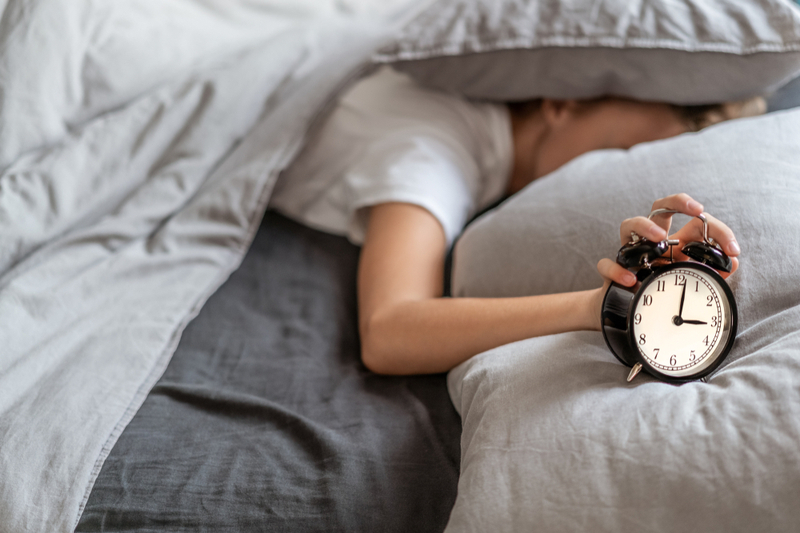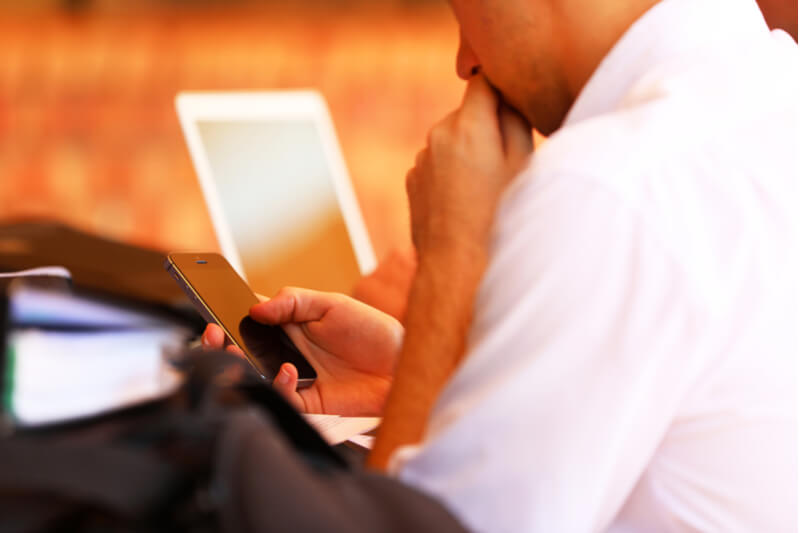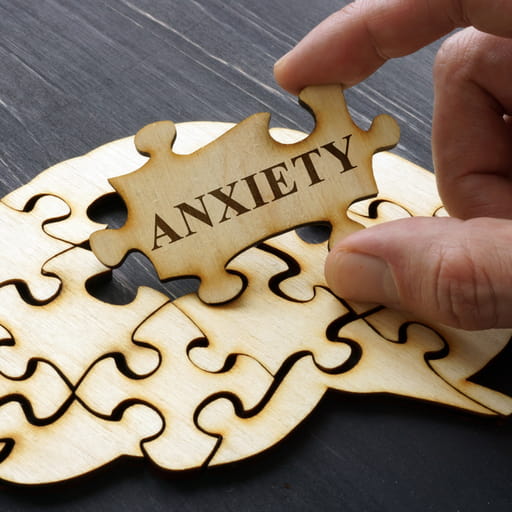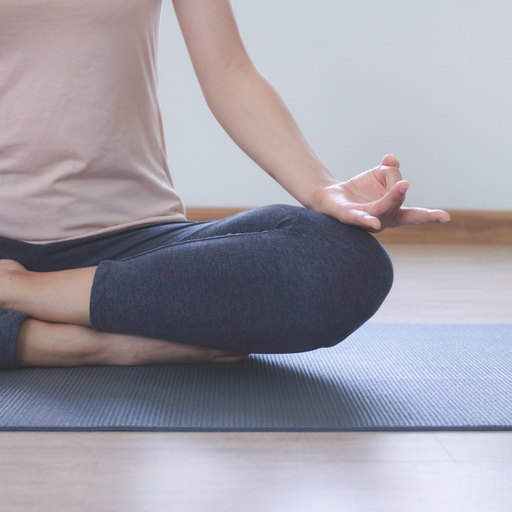Anxiety is a physical and mental response to any stressful situation. Most people have faced a bout of anxiety, especially during the pandemic. Read on to understand how to calm an anxiety attack and how to understand it as a medical condition.
Here’s What You Can Know:
1. What Are The Signs Of An Anxiety Attack?
The effects of an anxiety attack can vary from person to person. However, some of the common symptoms include:
- Feeling nervous
- Having trouble concentrating
- Disrupted sleep cycle
- Gastrointestinal problems
In some cases, people might also have an extreme episode called a panic attack. This can have physical symptoms like chest pains, shortness of breath, cold sweat, and dizziness.
2. What is Night Anxiety?

Anxiety can affect your life at any time, either in the day or at night. However, it is highly common for people to have an anxiety attack at night. Ironically enough, clinical trials have shown that lack of sleep can lead to anxiety, but anxiety can cause a lack of sleep too. This anxiety can be caused by worrying about the things that happened during the day or thinking about the next day or even thinking about your future. Read on to find out how to calm night anxiety and how to calm down anxiety in general.
3. How to Calm an Anxiety Attack?
It is always easy to say ‘calm down’ but often that doesn’t help in any constructive way. Instead, you can take these steps to calm down an anxiety attack which can be helpful:
-
Avoid Caffeine and alcohol
Caffeine is a well-known cause of anxiety and should be reduced or avoided completely. While alcohol might help you in the short run to forget about your anxiety it can heighten the feeling of anxiousness when the effects of alcohol wear off.
-
Exercise or take a walk
Sometimes anxiety can be caused by a build-up of adrenaline in the body. Walking or exercising can help you release adrenaline. While doing this, listening to music can also have a calming effect.
-
Reduce social media
Social media can be a trigger for anxiety. Scrolling through social media sites before sleeping can affect your sleep too. In general, you should avoid looking at your laptop and phone screens an hour before sleeping.

-
Try meditation
Evidence suggests that even one session of meditation can help to calm anxiety. Focus on your breathing to make the meditation more effective. While meditating you can focus on the cause of your anxiety or imagine yourself in a peaceful situation, whichever works for you.
It’s important to note that if your anxiety persists; you should seek professional help. Talking to a qualified professional can help you get to the root of the problem and deal with it. It is not advisable to take medication without seeking proper advice first.
Visit our wellness blog pages to learn more tips on how to calm your anxiety by Dr. Aditi Govitrikar, as well as learn yoga poses for better sleep routines.





 1800-270-7000
1800-270-7000








